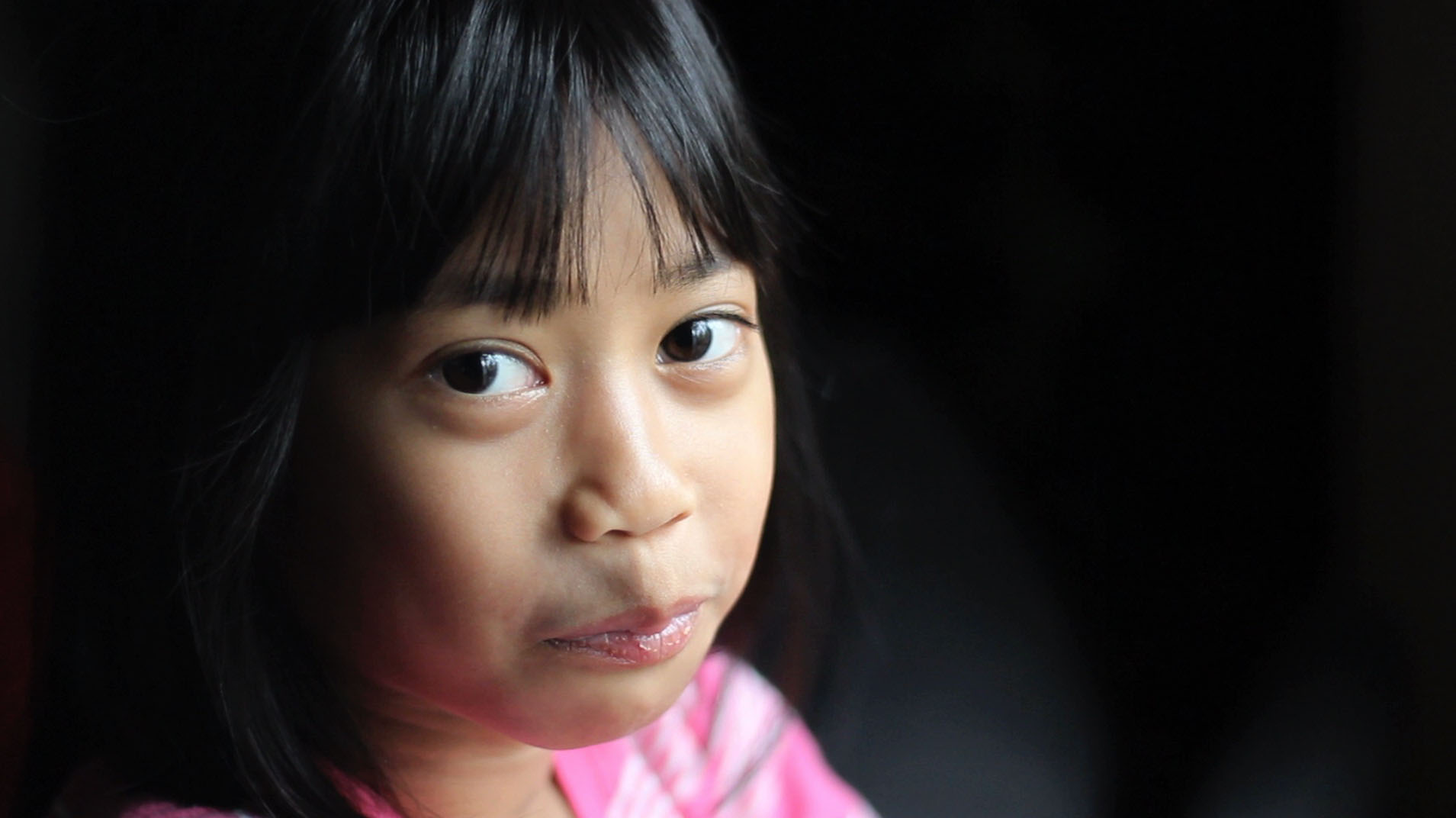Clinical Depression to Passion
According to the World Health Organization, depression has been on the rise worldwide since 2005. The CDC has also reported steady increases in anxiety, depression, and mental and behavioral disorders for children starting at age of one. The impact of the COVID-19 pandemic on our lifestyles has exacerbated this. But there is a positive lining to this if we examine it from a spiritual perspective. This article will introduce newer approaches to healing depression based on personal experience.
The fact is I had been diagnosed with clinical depression for several years. In some of the most severe periods, I made suicide attempts that required hospitalization. The most recent occurrence of clinical depression appeared after many years of working as a project manager in a fast-paced highly demanding business.
Despite periods of depression, I was able to find space exploring arts, rejuvenating myself, learning to listen to and dance to music, and exploring nature. In the experience of my depression, I had come to find the gift and joy of discovering what it means to be a human. I came to realize a passion for healing humanity after my efforts and learning about self-healing. Like many, I had taken medication and embraced the tools and wisdom of modern western medicine. But I also discovered a way to flourish by allowing myself to dance, express creativity, and passion, explore, read, write, swim, eat well, hike, and create videos.
What has become clear is that my depression was and is NOT a problem that needs to be fixed but is instead a natural healthy response of my body to things that were no longer compatible with my purpose and passion in life. I realized by listening, I opened up a greater awareness of what it is to be fully grounded, confident, creative, powerful, and loving. So my symptoms appeared for a reason – to help me recalibrate my purpose and find wholeness.
I found that the modern corporate environment is generally fast-paced, and pressure-filled. Every person I interacted with in this environment would have agreed that the pressure and stress were substantial but that it was just part of life. The issue is that some people perhaps thrive or manage to get by in these environments, and some don’t. In these environments there is an idealized myth of workers exuding confidence, being able to impress by working long hours, constantly traveling, and fitting in many extracurricular social engagements all while managing to hold a smiling, energetic and exuberant persona. I observed many rising stars in the corporate world who almost seemed to fit this persona. But the truth is that this persona is an idealized myth. It is a myth so strong that often I could not shake the belief that something was wrong with me. Under the demand of this myth, I started to feel disregarded, unappreciated, ignored, unworthy, invalidated and unloved. These are the conditions that over time will suck the life out of us all. When this happens for too long a state of clinical depression is typically reached.
Our mental health disorders are healthy wisdom-filled responses that evolved over hundreds of millions of years. An article in Psychology Today describes that conventional psychiatric approaches to mental health have gotten it wrong with the attitude and approach to depression. Conventional thinking considers depression as the enemy to fight, and that those with depression are broken. This adversarial perspective to healing limits our options and ability for mental health and balance. Now more holistic attitudes in mental health consider depression as a healthy response of the human body to unhealthy conditions that offer helpful information for actual healing.
Depression is no longer the enemy but rather a partner to offer guidance and insight into your well-being. Now with the wisdom of depression working for you instead of against you, you are open to a wider means of solutions beyond conventional medication and psychology. Conventional medication and psychology remain effective tools but are now only part of a much wider set of tools available.
For me, conventional medication played a key role in the early stages of the most severe places allowing me space to broaden the set of tools for improving my mental and physical health. Eventually, the solution for me evolved into a state where a psychiatrist could see medication was no longer needed. It’s been that way for over two years. When addressing issues of depression, one of the biggest tools in the solution to healing is the attitude of everyone.
I am proposing a change of attitude toward how we engage with depression. For example, you are more likely to heal with a doctor that has a friendly attitude and can offer validation, than with a doctor that is condescending and close-minded. With a change of attitude that starts viewing depression as a wise guide rather than the embarrassing stigma, conventional treatments become more effective and the options, decisions, and solutions begin to open up.
When we are in clinical depression, in the short term, we can make use of medications to counter the symptoms. However, for the long-term solution, we must heal what is harmful in the environment to allow the return of our body to a state of rest. Note that the opposite of clinical depression is not happiness, it is vitality. The goal of healing depression is not about trying to be only happy and avoiding any feelings of sadness, fear, or pain. The goal of healing is to embrace the full spectrum of human emotions and experience all its vitality.
I believe that there is a remarkably low priority that our culture gives to areas of song, music, and dance. Prioritizing these areas of art would do much more than we think to create vitality, creativity, and playfulness in our world. In my experience, I have found that dancing is an especially vulnerable and potentially embarrassing thing to do. However, according to the most watched Ted Talk in history, given by Sir Ken Robinson, dancing is highlighted as an important skill to prioritize in our education system. With the support of Sir Ken Robinson’s Ted Talk, I now strongly believe that teaching ourselves how to dance, even in the most vulnerable ways, is going to be a big part of human growth. The state of being while immersing yourself in dance is perhaps the optimal state of your body. In many ways I have found without any good intellectual reasons that by me finding ways to express myself through dance, I have come to develop confidence in being just me and to rapidly convert deep hopeless depression into vitality, joy, and passion.
I encourage you to take the time to explore all kinds of music. And if you like something, then take time to act out the music by pretending you are the singer. Lip sync to the music. Express the mood and emotion of the singer as you imagine the singer. Finally, dance to the music any way you want it. Do so in private or in front of a mirror, but just dance. At least once a week carve out 1 hour to just dance. At first, it may feel awkward, but as your body gets more used to it, it will start to feel more organic, and you will crave and enjoy it more. You will begin to add more vitality and self-confidence to your being.
When you do things to address your depression in an accepting, loving, and unshameful way, you will meet the natural human that needs to be loved, understood, regarded, appreciated, validated and find a sense of belonging. Sometimes this can be helped through medicine, but it always can be helped through a search for vitality in your life. Everyone has the power to change their environment into becoming a fulfilling and peaceful place to grow in.
I invite you to watch the below video as an invitation to dance out your emotions, especially the heavier emotions. Dance to help bring back vitality and passion into your life.
Finally, watch Sir Ken Robinson’s TedTalk on education and the importance of teaching dance.



Healing for Emptiness and Clinical Depression – Wilson D Cheung
May 6, 2023 @ 2:11 pm
[…] children do organically that brings back vitality and passion into your life. Read the article “Clinical Depression to Passion” for more on dancing to heal clinical […]